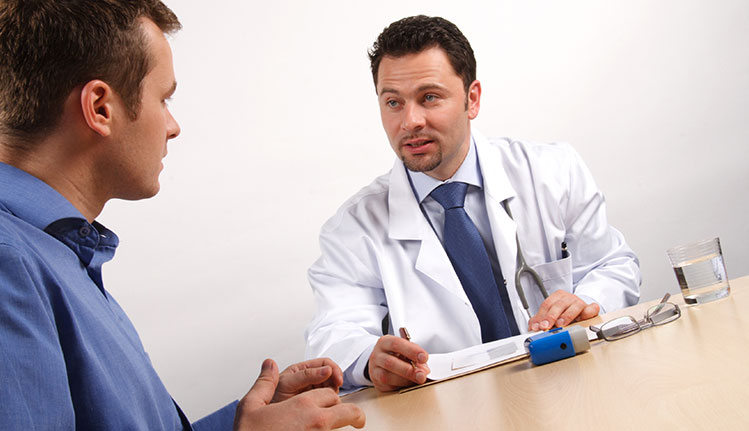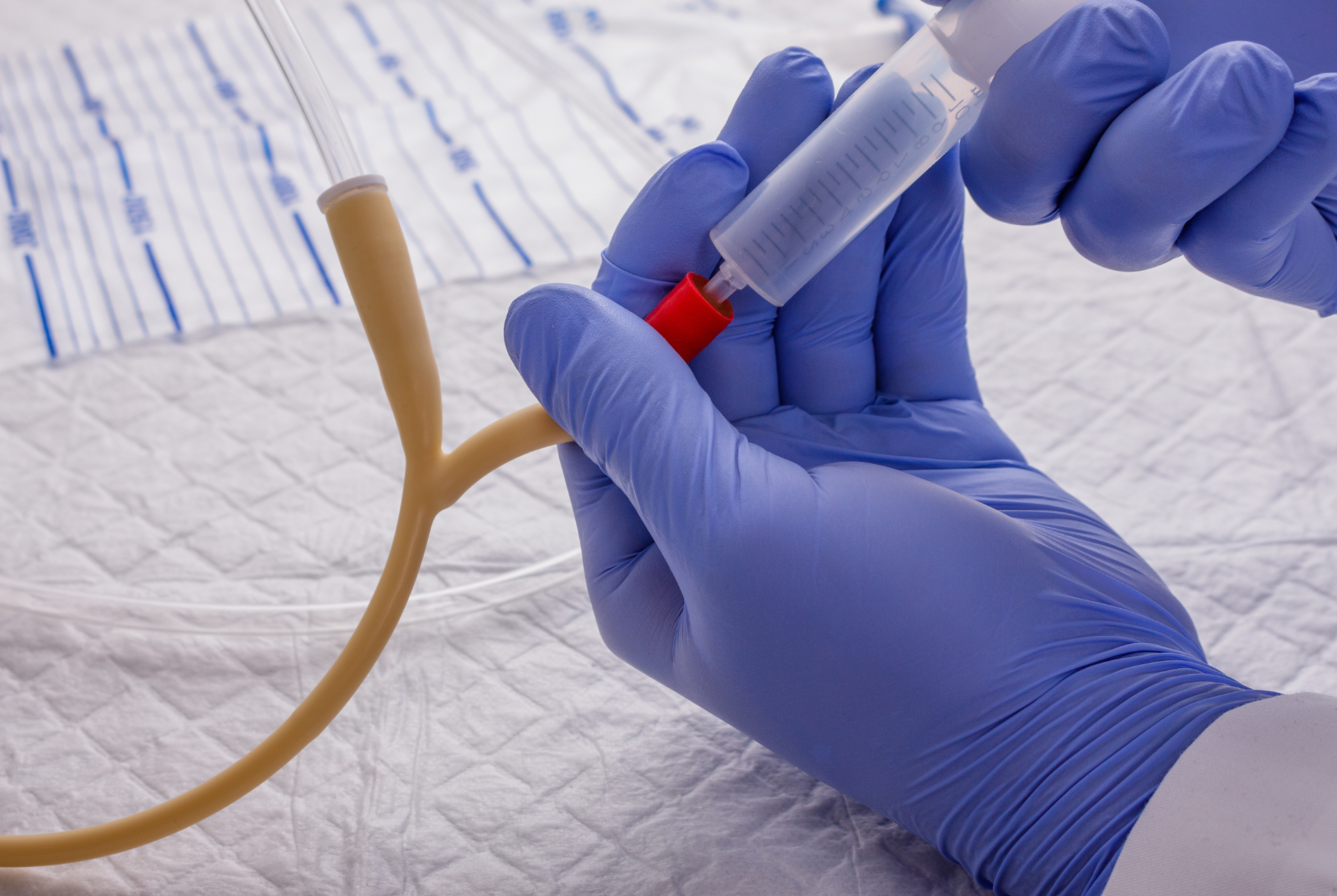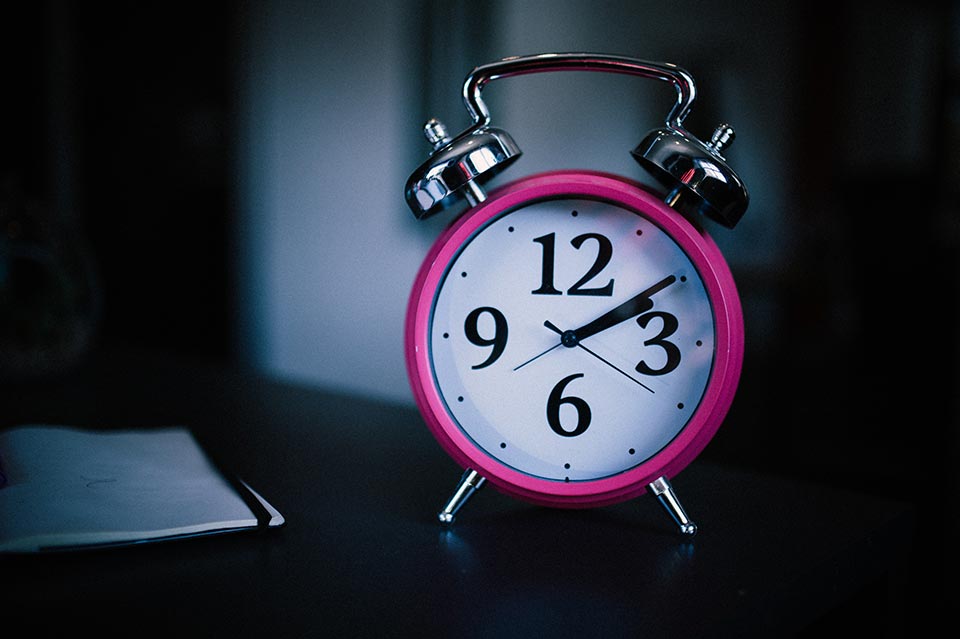Acupuncture uses ultra-fine sterile needles which are inserted into specific acupuncture points on the body. The aim of acupuncture therapy is to re-establish the free flow of qi (a type of energy, pronounced ‘chee’) in the body, to restore equilibrium and trigger the body’s natural healing response.
Traditional acupuncture is a healthcare method based on ancient principles from Chinese medicine which go back nearly two thousand years. It is believed that the main basis for treatment is that illness and pain occur when the body’s qi, or vital energy, cannot flow freely. There can be many reasons for this; emotional and physical stress, poor nutrition, infection or injury are among the most common.
Acupuncture can be used as a therapeutic or preventative measure, and can be administered in many GP surgeries and clinics in the UK. It is accepted as a form of therapy which can complement clinical treatments.
How does Acupuncture work?
Acupuncture works by stimulating the sensory nerves in the body, both under the skin and in muscles. When the body’s nerves are affected, the body automatically starts its own natural healing process, such as the release of endorphins which relieve pain and promote positive wellbeing. Let’s explain what to expect from acupuncture as a treatment for bladder conditions.
The process of acupuncture begins when the needle is inserted into the ‘acupoint’ as identified by the therapist, targeting specific areas depending on the condition which is being treated. The needles used are small, only a few centimetres long and very fine; they are treated just like any other needle and must be sterile, and discarded after use. The triggered nerve causes the release of endorphins which block the pain receptors in the brain, and relieve pain/stress. The secondary function of the body is to release serotonin, a chemical which regulates mood and wellbeing. It is thought that the release of these ‘feel good chemicals’ – is largely responsible for the positive benefits of acupuncture.
You may be wondering whether acupuncture hurts, how long it takes to work, and how long a session of acupuncture would take. The process should not be painful, and could last from 20 minutes up to an hour for a single session. The treatment process of acupuncture is usually repeated over a number of weeks, as it can take time for improvements to show. The duration of your treatment will be discussed with you beforehand.
Suitability for Bladder and Bowel Conditions
An expanding awareness of the unwanted side effects of pharmaceutical treatments has led to an increased use of acupuncture as a contemporary health care option. Acupuncture is often referred to as a Complementary or Alternative Medicine (CAM), and can be used to treat bladder and bowel conditions such as urinary and faecal incontinence and IBS by targeting certain points in these areas.
A research study in 2009 indicated the use of manual acupuncture to specific points in the lower abdomen; spine and leg have beneficial effects on neuro modulation of pain and bowel control especially on rectal function and anal sphincter control for up to 3 months following acupuncture treatment. Other research studies however have shown limited effects from acupuncture.
Acupuncture for Overactive Bladder
According to clinical research, acupuncture can be an effective treatment for overactive bladder. Specifically, stimulation via acupuncture of the sacral vertebra has a suppressive action on patients with overactive bladders resulting in stress and urge incontinence. Acupuncture to the sacrum improved symptoms of nocturnal enuresis, urge incontinence and stress incontinence, although as yet the mechanism for why this works is not clear. When applied to spinally injured patients suffering with urge and stress incontinence, acupuncture reduced reflex bladder activity, providing a scientific foundation to clinical treatment and point selection for the treatment of urinary urge and stress incontinence.
Acupuncture for IBS
Irritable Bowel Syndrome (IBS) is one of the most common gastrointestinal disorders in the UK, affecting around 13 million of the UK population according to the NHS, which they identify as an issue that has a ‘profound impact on quality of life’. The cause of irritable bowel syndrome and effective treatments have remained elusive and many patients fail to find adequate relief from conventional therapies. It is claimed that acupuncture is effective for a majority of patients with IBS, but there is mixed data to support this.
The stress relieving effect of acupuncture may help the symptoms of IBS, however the ongoing clinical benefits are as yet not supported. NICE (National Institute for Clinical Excellence) state that ‘acupuncture should not be encouraged for the treatment of IBS’.
What is Electro Acupuncture (EA)?
Electro acupuncture is a modified form of the therapy where a mild current of electricity passes between two needles during treatment, in order to enhance the outcome.
The therapeutic effects of electro acupuncture (EA) on IBS have not been established although some demonstrate significant changes in symptoms of bloating and stool consistency after 4 weeks of acupuncture. Clinical research has yet to confirm suitability.
The outcome of most therapeutic intervention, pharmaceutical, mechanical or cognitive, remains controversial and although electro acupuncture may improve pain and distension in IBS, altering gastric motility and function, more robust studies are needed to establish the therapeutic role of using EA in IBS management.
However, it is only fair to report that over one third of patients who receive acupuncture for IBS gain significant improvement in symptoms.
Is Acupuncture safe?
Non-serious adverse events of acupuncture are remarkably low. Non-serious adverse events include fainting, local needle pain and exacerbation of existing symptoms, and occur at a frequency of 10 to 100 per 10,000 treatments. Serious adverse events and fatalities appear to be rare. A clear conclusion from such an evidence-based approach is that acupuncture remains safe in competent hands.
Any acupuncture practice must be provided by practitioners who have been trained to a standard that is recognised by accreditation bodies such as universities or registered bodies. Members of the British Acupuncture Council (BAcC), British Medical Acupuncture Council (BMAS) and the Acupuncture Association of Chartered physiotherapists (AACP) are recognised as achieving a level of safety and clinical knowledge to offer safe, effective acupuncture.
When looking for recommended practitioners, patients should be guided by these levels of scrutiny and professional standing.
How can I find an Acupuncture Practitioner?
Visit the BAcC website where you can search for an accredited acupuncturist near you: https://acupuncture.org.uk/
The BMAS website also allows you to search in your area for a practitioner, but also check on the membership of someone you may have found elsewhere: https://www.medical-acupuncture.co.uk/Patients.aspx
The AACP also has a practitioner search where you can toggle the distance you are willing or able to travel for your sessions:
https://www.aacp.org.uk/practitioner-search
Is acupuncture available on the NHS?
Acupuncture can sometimes be available on the NHS, although most often from GP surgeries or physiotherapists. Access is limited, and many patients will seek this therapy privately. If you do seek acupuncture outside of your GP’s care, please ensure you inform them as this may affect other aspects of your health, and they can advise you accordingly.
It is worth noting that any acupuncturist you seek to consult should be trained, accredited and registered to practice, as per the above guidance.
Further Information
You may find the British Acupuncture Council website a useful resource. We’ve linked directly to the practitioner finder in the relevant section above.
For further information and more detailed advice about IBS and how to manage it, please see the below articles:
This information is for reference only and to be used as a guide – you should discuss any treatment in full with your GP or continence specialist to ensure it is suitable for you.








